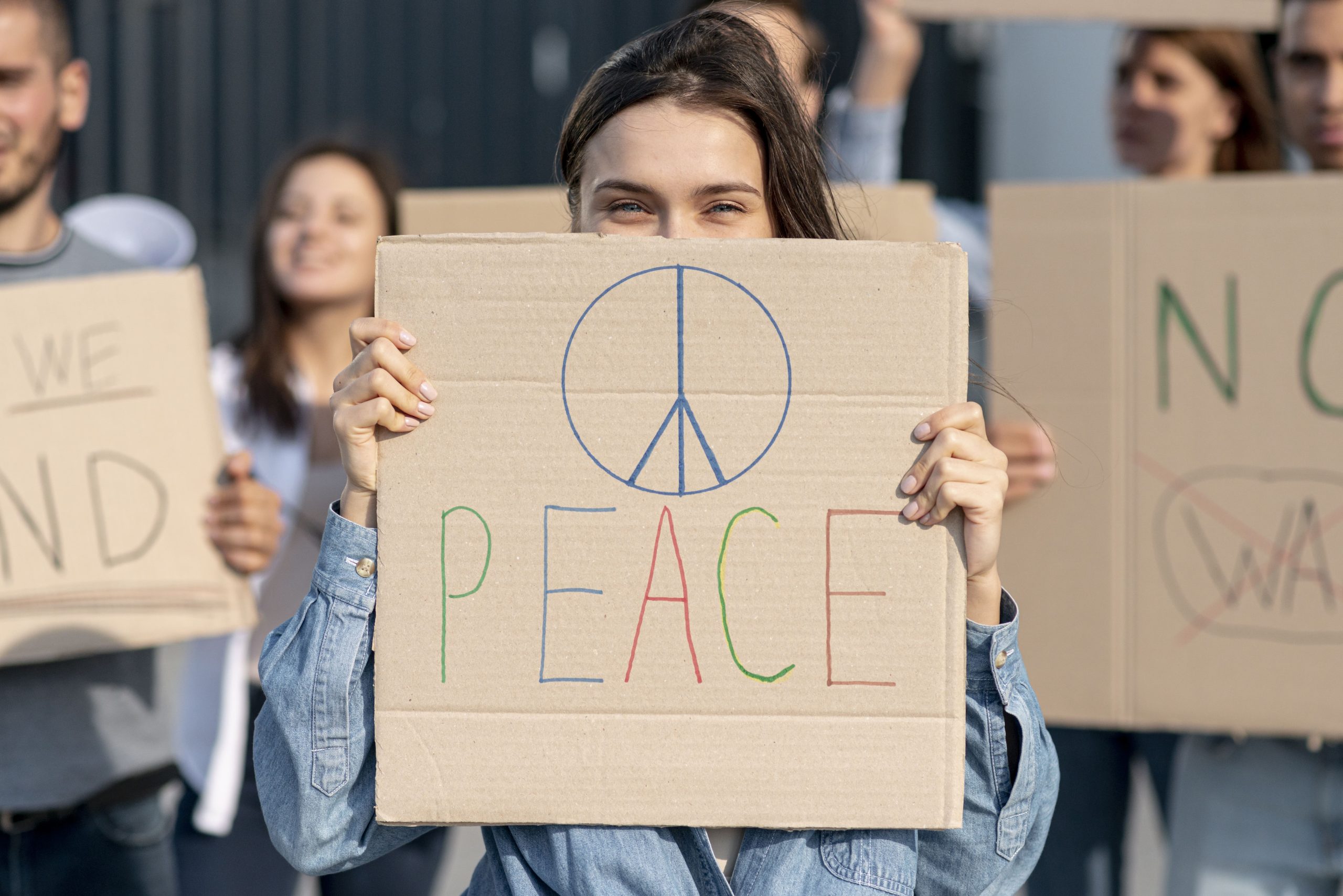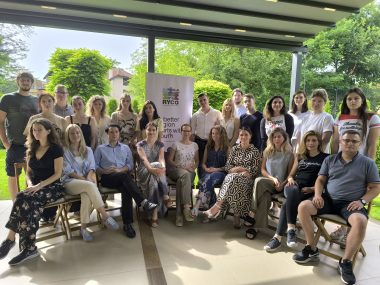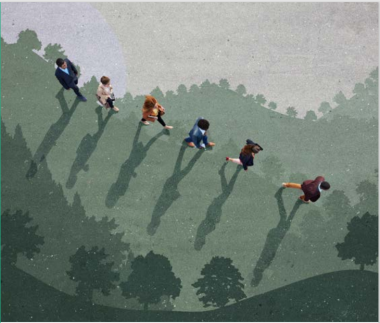The Integral Role of Women in Peacebuilding Processes: A YPS Perspective
BY RYCOWBORG

The Integral Role of Women in Peacebuilding Processes: A YPS Perspective
May 3, 2024
Women play multifaceted roles in peacebuilding processes, ranging from conflict prevention and resolution to post-conflict reconstruction and reconciliation. Their involvement is essential not only for ensuring the inclusivity and effectiveness of peace efforts but also for addressing the root causes of conflicts and promoting sustainable peace. Research has shown that peace agreements are more likely to endure when women are actively engaged in their negotiation and implementation. In conflict-affected communities, women often bear the brunt of violence and displacement. However, they are also at the forefront of resilience and peacebuilding efforts. Empowering women economically, socially, and politically is crucial for building resilient communities and promoting peace. This includes providing access to education, healthcare, livelihood opportunities, and meaningful participation in decision-making processes. The Youth, Peace, and Security agenda recognizes the positive role that young people, including young women, can play in peacebuilding processes. It emphasizes the importance of youth participation, protection, and partnership in promoting peace and preventing conflicts. As a youth delegate representing Serbia, I have witnessed firsthand the enthusiasm and dedication of young women in advocating for peace and social justice. Their energy and innovative approaches are instrumental in shaping inclusive and sustainable peace efforts. Women’s leadership is central to the YPS agenda, as it reflects the principles of inclusivity, diversity, and empowerment. By amplifying the voices of young women in peacebuilding processes, we can address the root causes of conflicts, promote social cohesion, and build more resilient societies.
Moreover, investing in women’s leadership contributes to achieving the Sustainable Development Goals (SDGs), particularly Goal 5 on gender equality and Goal 16 on peace, justice, and strong institutions. Women play a crucial role in conflict prevention and resolution by employing various strategies to mitigate tensions and promote dialogue. Their unique perspectives and experiences enable them to identify early warning signs of conflict and initiate community-based peace initiatives. In conflict-affected regions, women often serve as mediators, negotiators, and peacebuilders, facilitating dialogue between conflicting parties and fostering reconciliation. In the aftermath of conflict, women play a vital role in post-conflict reconstruction and peacebuilding efforts. They are often at the forefront of efforts to rebuild communities, restore social cohesion, and promote reconciliation. Women's participation in transitional justice mechanisms, such as truth and reconciliation commissions, ensures that the voices of survivors and victims are heard, and their rights are upheld. Moreover, women-led initiatives focus on addressing the specific needs of marginalized groups, including survivors of gender-based violence, internally displaced persons, and refugees.
Despite their significant contributions, women continue to face numerous challenges and barriers to their participation in peacebuilding processes. Gender-based discrimination, social norms, and cultural stereotypes often limit women's access to decision-making spaces and undermine their credibility as peacebuilders. Moreover, women are disproportionately affected by conflict-related violence, including sexual and gender-based violence, which further impedes their participation in peace processes. Additionally, women's organizations and activists face various structural barriers, including limited funding, inadequate resources, and institutionalized sexism. The lack of gender sensitive policies and mechanisms for women's inclusion further marginalizes their voices and perpetuates gender inequalities in peacebuilding efforts. Addressing these challenges requires concerted efforts to dismantle patriarchal structures, promote gender equality, and ensure the meaningful participation of women at all levels of decision-making.
In conclusion, the role of women in peacebuilding processes is multifaceted and indispensable for achieving sustainable peace and security. Women's leadership in conflict prevention, resolution, and post-conflict reconstruction contributes to building more inclusive, resilient, and peaceful societies. By recognizing and supporting the agency of women as peacebuilders, we can address the root causes of conflicts, promote social justice, and advance the goals of the Youth, Peace, and Security agenda. As the Serbian UN Youth Delegate, I remain committed to advocating for the meaningful participation of women in peacebuilding efforts and working towards a world where women's voices are heard, valued, and respected in shaping our shared future.
Author: Tamara Marjanovic
Serbian UN Youth Delegate















